Picture
Your Present Location: HOME> PictureRDCY Salon:12 experts debate where China’s tax cuts go
On the morning of October 28th, organized by Institute of Finance and Taxation and Chongyang Institute for Financial Studies of Renmin University of China (RDCY), RDCY Salon 36 was held in Beijing, inviting more than 10 experts on finance and taxation to conduct round-table discussions of China’s tax cuts. Lv Bingyang, Professor of the School of Finance at Renmin University of China (RUC), presided over the salon.
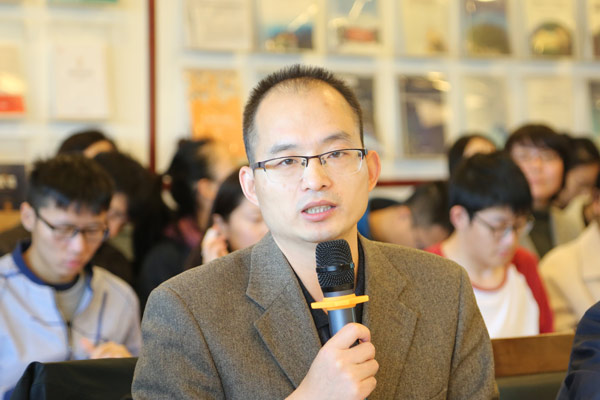
Professor Lv said that tax cut is a hot topic in China currently. It is also a major event in our social and economic life. The guests attending the conference included representatives from academics, international companies, private enterprises and intermediaries. They will discuss issues such as why the tax needs to be cut, how and how much to reduce, and what goals we want to achieve.
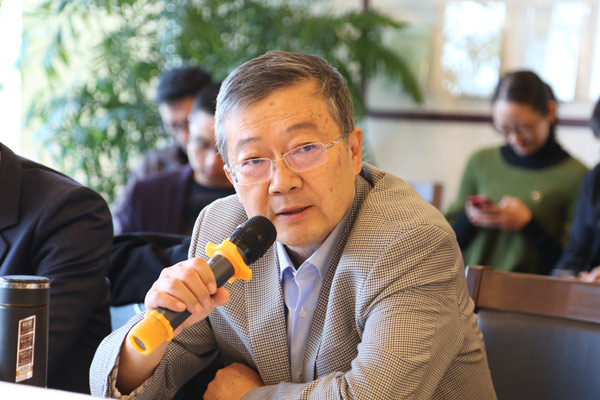
Zhu Qing, a professor at the School of Finance of RUC, pointed out that it’s not that the less tax is better, but the structure optimization of the taxation is the best. He said that studying the long-term policy of tax cuts, the expenditure should be taken into account and the relations among income, expenditure and debt should be coordinated. the biggest problem now is that Chinese government relies mainly on tax revenues, so that the expenditure cannot be reduced. He said that tax cuts for a long time will increase the government debt. As the tax cuts around the world are cyclical, China should take the tax cuts as a measure to deal with economic downturn in a short time and strive to prevent the debt problems because of the long-term tax cuts.
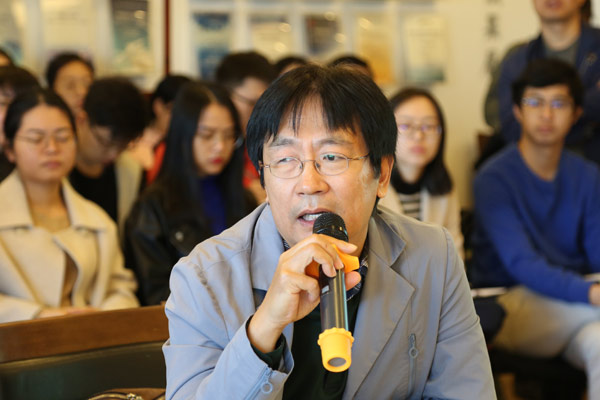
Sheng Wei, vice president of AsiaInfo Technology, mentioned that enterprises indeed have greatly benefited from the reduction of the tax in recent years. However, rationally speaking, it is not that the lower tax is the better. In fact, tax system should be optimized and the management environment should be improved. He said that the supporting policies are more important in the process of tax reduction.
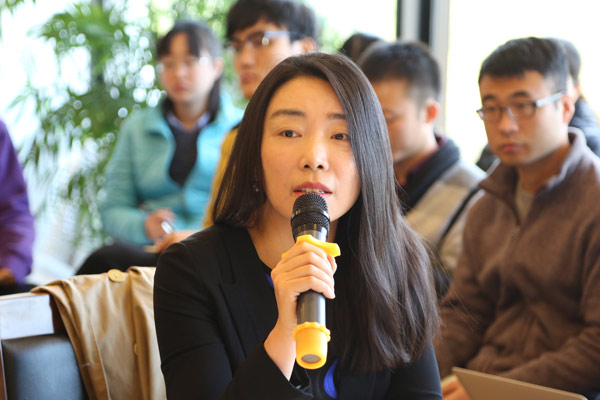
Li Ying, the tax director of the Siemens Group, noted that the tax cut is not a general reduction, but a targeted reduction. For example, she said that after the Value Added Tax (VAT) reform, the tax burden of some small enterprises has increased in reality. Therefore, survey and research should be conducted to realize the accurate tax reductions, so that the companies can get real benefits.

Fan Yong, Professor of the School of Finance and Taxation of the Central University of Finance and Economics, analyzed the international and domestic backgrounds of China’s tax cuts. He said that the Trump’s tax reform, which mainly focuses on tax cuts, has a great impact on tax policies of various countries. From the domestic perspective, China's real economy currently face some difficulties. In addition, some international organizations reports said that the comprehensive tax rate of Chinese companies is relatively high. All these factors led to the tax reduction expectations in China. However, tax cuts need a more comprehensive plan. The general theory should be combined with China's practice to formulate more appropriate policies to guide China's tax reduction process.
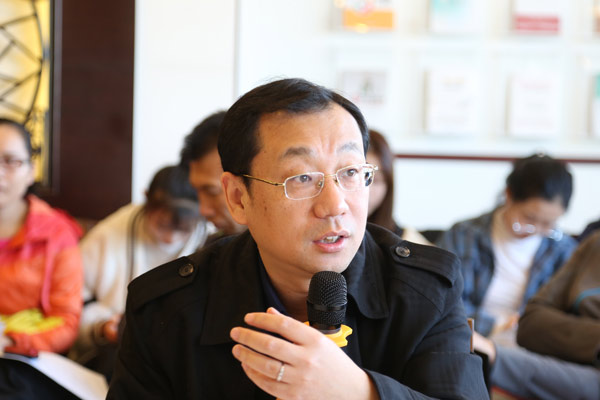
Zhang Bin, director of the Tax Research Department of the National Academy of Economic Strategy at Chinese Academy of Social Sciences, noted that there should be differences in the specific arrangements for achieving different target of tax cuts. It is necessary to distinguish between tax cuts as a short-term policy for decision-making and permanent measure for tax-based optimization. From the perspective of industrial restructuring and upgrading, several low-value-added enterprises with serious pollution and backward technology need to be rejected gradually. However, If the process is fast and more enterprises are rejected in a short period of time, China will fall into a large economic downturn and a rapid growth of the unemployment rate. Therefore, tax cuts should play an important role on promoting innovation-driven development and help realize the structural optimization and upgrading, so as to facilitate the coordination of the contradiction between stable growth and restructuring.
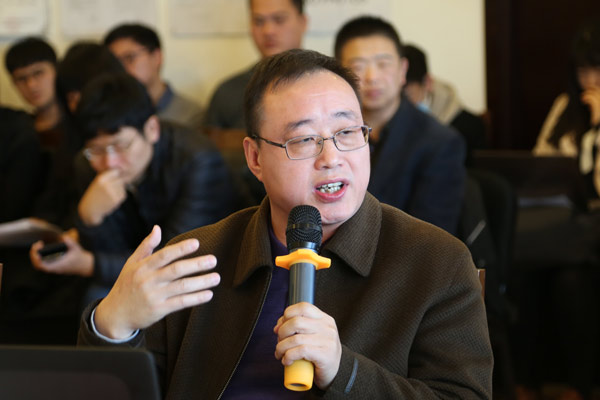
Xu Sheng, director of the Finance and Taxation Research Office of the Institute of Economics at China Academy of Macroeconomic Research, stated that there is a practical necessity to initiate appropriate tax adjustment in a timely manner. We must dialectically consider the effect of the VAT reform and take VAT as the focus for the tax reduction.
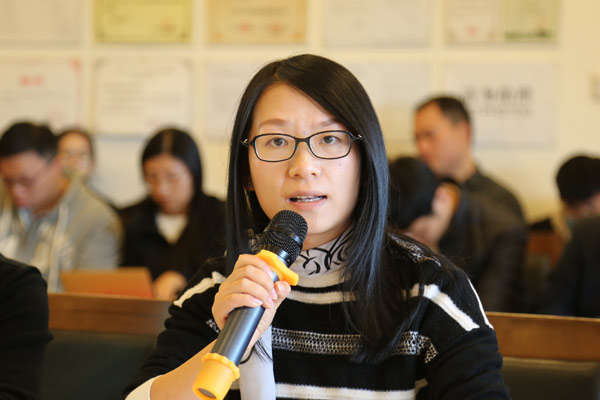
Li Shiyu, an associate professor at the School of Finance of RUC, proposed four principles to be followed in the tax reform: a simple tax system, a broad tax base, a low tax rate, and strict management. She added that tax cut is a mean, not an ultimate goal. China's future tax reform should also follow the above four principles.
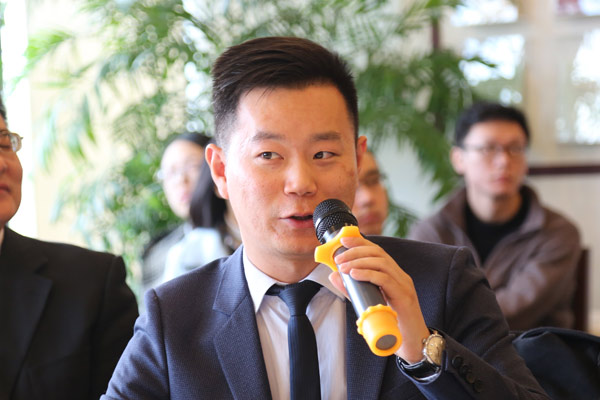
Based on the research of behavioral theory, Dai Zhixin, an assistant professor at the School of Finance of RUC, proposed that tax cuts should maximize the enthusiasm of taxpayers, thereby increasing the tax compliance of the participants. Government departments should also share tax data appropriately to attract the experts participating into the decision-making process, and thus propose more constructive suggestions.
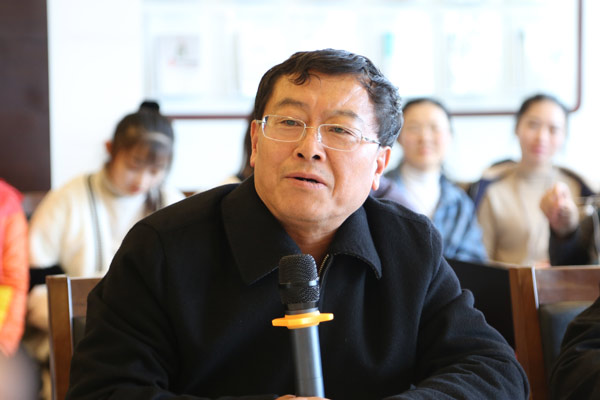
Yue Shumin, deputy dean of the School of Finance of RUC, stressed that we should clarify the purpose, function and methods of tax reduction. He proposed several issues that should be considered during the tax cuts, such as the feasibility and possibility of China's current continuous tax cuts; what problems can be solved by tax cuts; how to calculate the burden of enterprises after the reform of VAT, and whether the target of the tax and the loophole of the tax system that may occur during the operation are taken into account when we release the related policies.
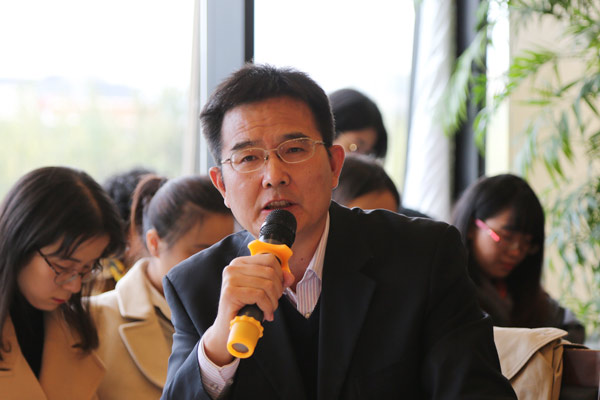
Wang Dongsheng, the managing partner of Zhifangyuan Tax Agents Office, said that since 2008, the taxation system has devoted to the reduction of the tax, while the strengthening of the management makes the tax payment of enterprises is more standardized and the tax collection is increasing. Not all taxes should be reduced, and we should make appropriate policy to balance the development of the society, he added.
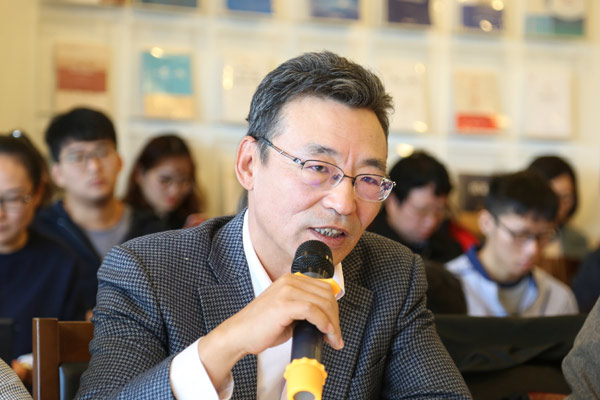
Guo Qingwang, former dean of the School of Finance and director of Institute of Finance and Taxation of RUC, concluded that tax is not only an economic and political issue, but also a social issue, and it is complex problem in which many aspects are integrated with each other. Implementing the tax reduction policy is actually a very complicated system. He emphasized that tax cuts should deal with the four intertwined relationships: the relationship between tax cuts and burden reduction, the relationship between tax reduction policy and tax reform, the relationship between corporate taxpayers and household taxpayers and the relationship between government sector effects and private sector effects.























































































 京公网安备 11010802037854号
京公网安备 11010802037854号





